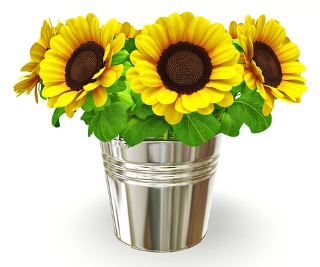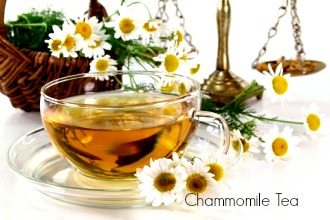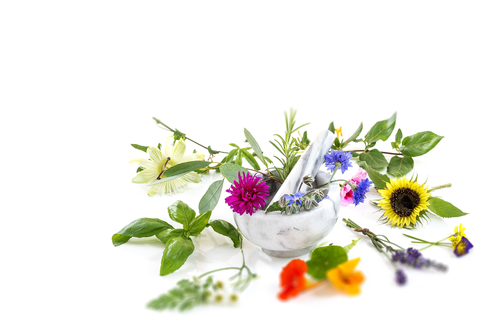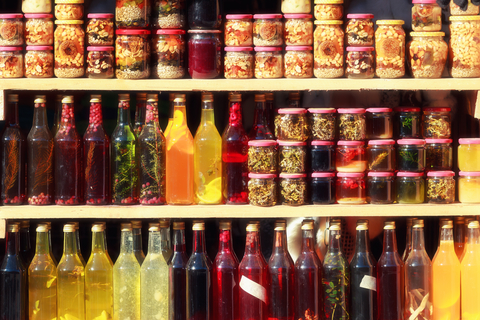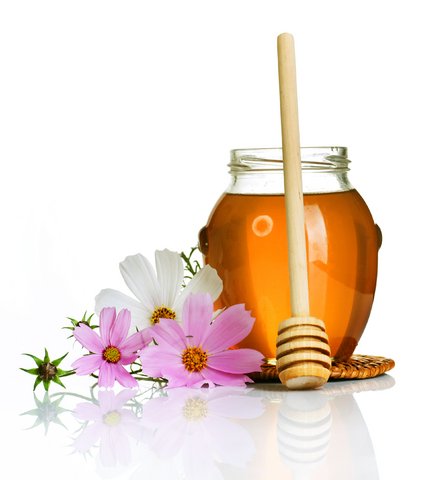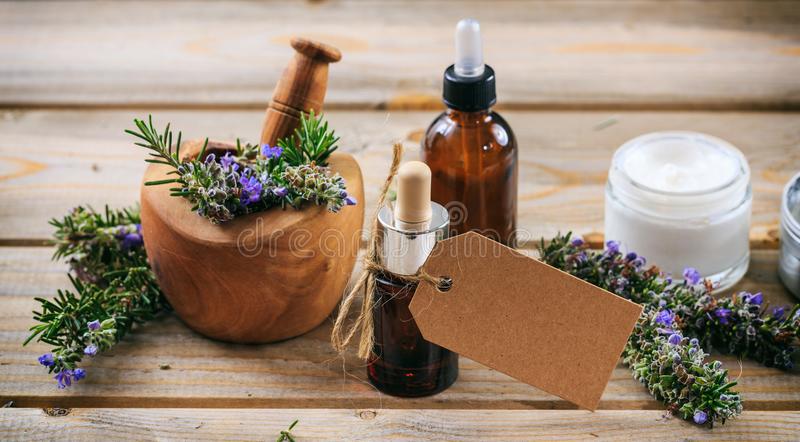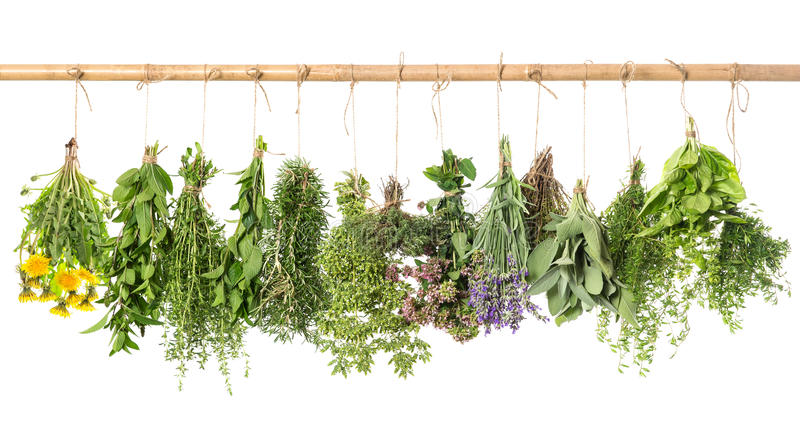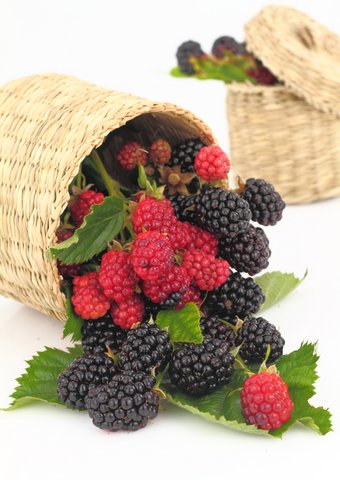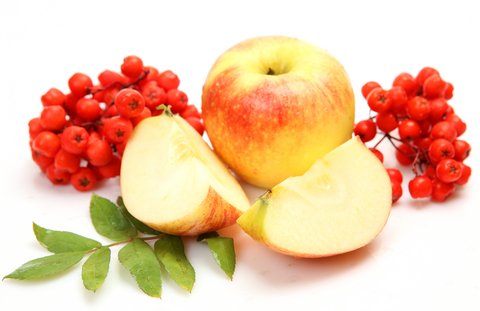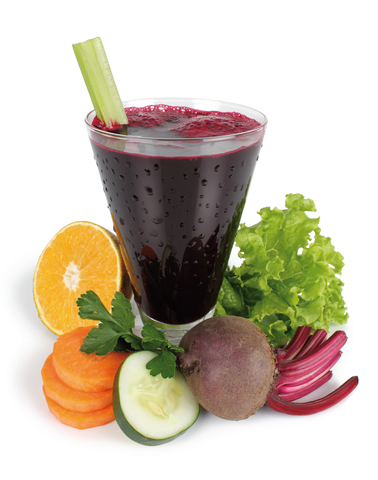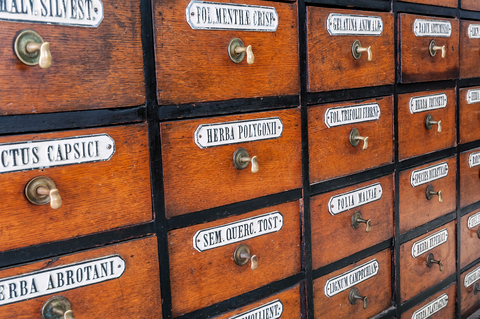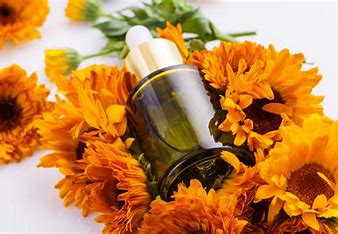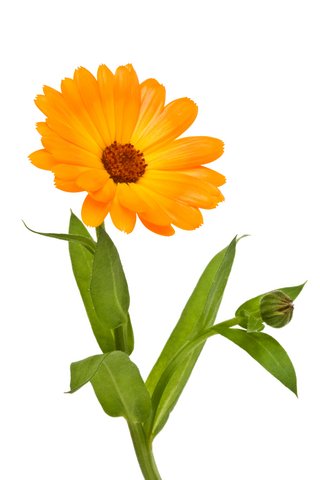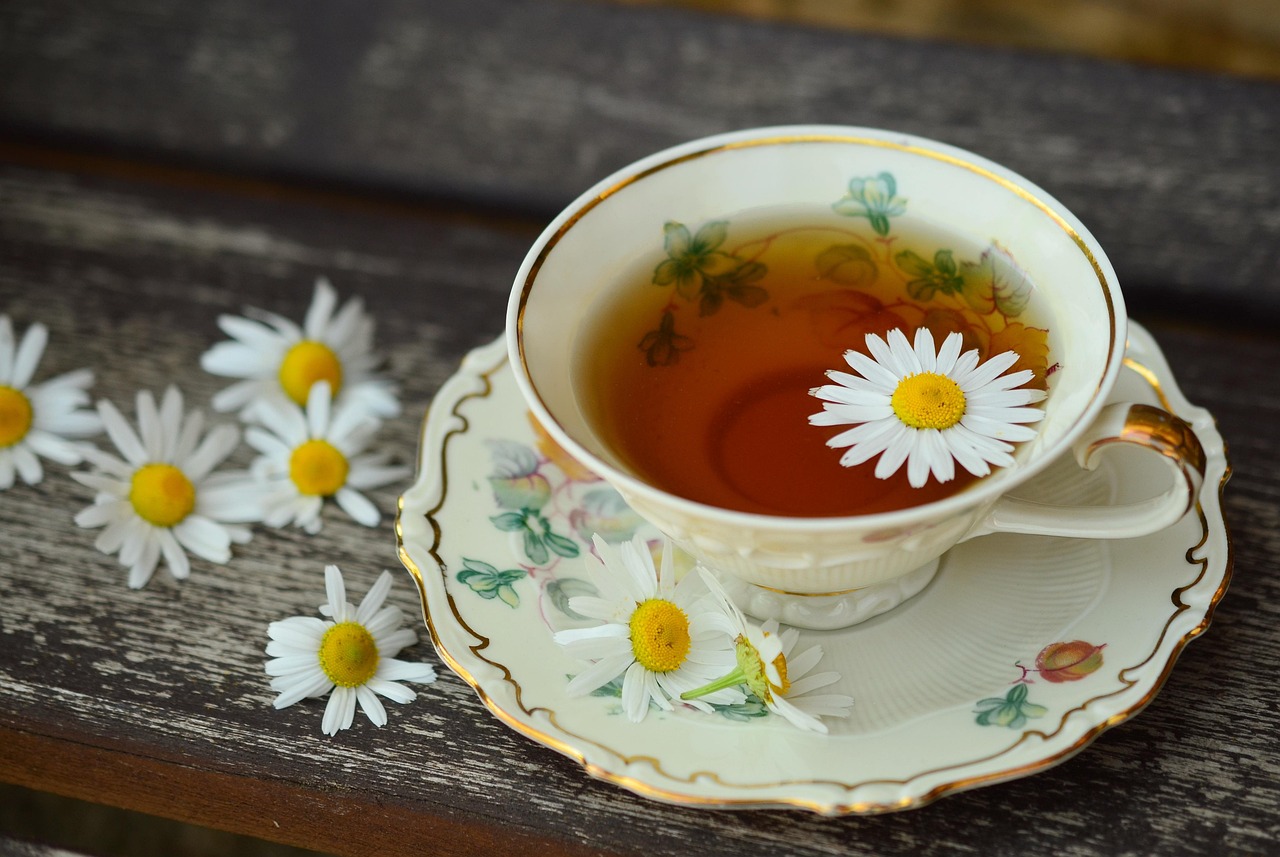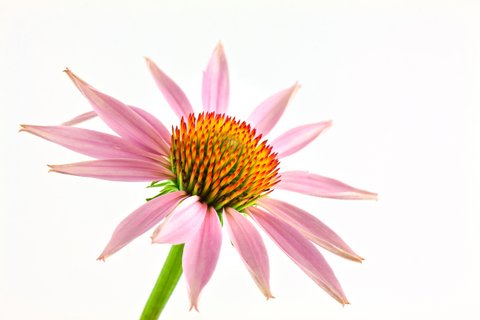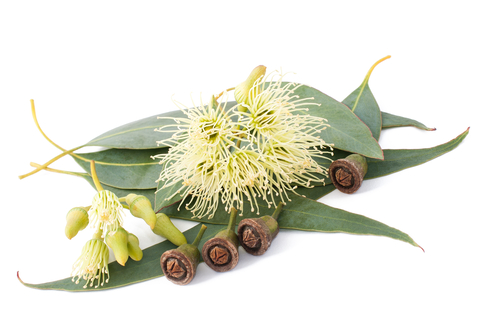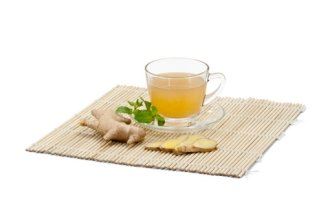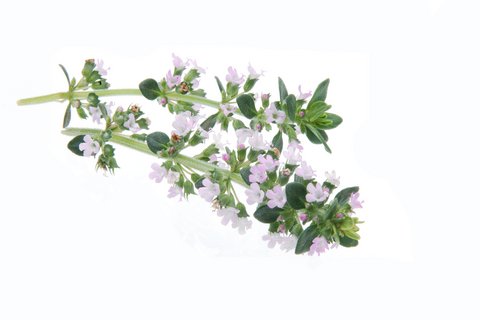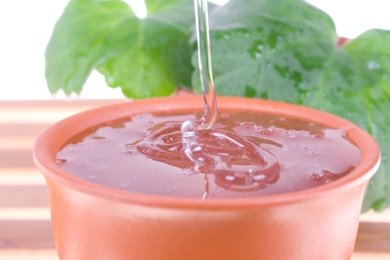Preparing Herbs - Simply and Easily.
"Let food be your medicine and your medicine be your food. Each one of the substances in a person's diet, acts upon the body and changes it in some unique way, and upon these changes the whole life depends, whether in health, in sickness or convalescent."
Hippocrates 2 000 years ago.
Preparing herbs, and storing them correctly, is the first step to using herbal home remedies for any number of
complaints and ailments.
|
|
- Play around with the method of storage, add a little extra trouble, a
sprinkling of imagination.
- Label and display your work
originally and artistically for your family and friends to appreciate.
|
How to Make Herbal Infusions
An Infusion - "A liquid made by steeping (tea or herbs etc) in boiling water".
- Preparing Herbs as an infusion is a simple and easy process using fresh or dried herbs.
- Infusions are made from the seeds, stem, flower or leaf of the herb.
|
METHOD FOR PREPARING HERBS - 3 teaspoons of fresh herbs or 1 teaspoon of dried herbs
- 1 cup boiling water.
- Place the herbs in a teapot and pour the boiling water over them.
- Allow to stand for 15 min and then strain discarding the herbs.
- Add honey for a sweetener.
|
NOTES AND GENERAL WARNING: - Infusions can be consumed hot or cold,they can be used for steam inhalation or used as a compress.
- Ensure that the herb you are using is the one required for your ailment.
- Do not use an infusion for more than a period of 10 days.
- One cup per day is sufficient, excepting in acute cases.
- Always consult your herbal practictioner if you are unsure of anything.
STORAGE: - Do not stand overnight, consume on the same day.
|
- Chamomile is a very popular herbal tea used in many home remedies and you can even establish your very own tea garden by starting off growing Chamomile at home.
|
|
How to make Herbal Decoctions.
A Decoction - "An extract obtained by boiling or digesting in hot water".
Preparing
herbs as a decoction means that you will be using the hard parts of the
herb i.e. the roots, stems bark and berries and requires a more
rigorous action than the one described above for simple infusions.
|
METHOD - 3 tablespoons of fresh herbs or 1 tablespoon of dried herbs.
- 3 cups cold water.
- Break the herbs up and soak overnight.
- Boil up for about an hour the next day, and allow to cool
- Strain the liquid discarding the herbs, and store in a cool place.
|
NOTES:
- Drink a cupful 3 times daily.
STORAGE:
- Decoctions should be consumed fresh but can be kept for 24 hours.
|
How to make Herbal Macerations.
Maceration - "A mixture made soft by steeping in a liquid".
|
NOTE;
- A little of this preparation of herbs taken internally every now and again can only be good for you especially if you have used rosemary, lavender or elder berries.
|
- 1 - 2 cups fresh herb leaves. Dried bark, seeds or berries can also be used, but bruise them first in a pestle and mortar.
- 4 cups of wine (red or white wine can be used)
- Mix together and leave for 3 days then strain.
|
How to make a Herbal ointment.
Ointment - " A thick slippery paste rubbed on the skin to heal roughness, injuries or inflammation".
This is also a very simple method of preparing herbs, and having them handy at all times for daily use.
|
METHOD. - ½ cup of Vaseline.
- ¼ cup of herbs.
- Place ingredients in a double boiler and keep on low heat for about 2 hours stirring occasionally.
|
NOTES:
- Ointments are good for nourishing the skin, easing bed sores, skin rashes, nappy rash, psoriasis and eczema.
STORAGE:
- While still hot strain mixture and pour into dark ointment jars, store in a cool dark place.
|
How to make a Herbal Syrup.
Syrup - "A thick sweet liquid".
Preparing herbs
as a syrup is important because some people, and especially children,
will not like the taste of infusions, so fool them by making a herbal
syrup instead.
Syrup is comforting to take and therefore a good medium for soothing remedies.
|
METHOD. - 2 cups water.
- 1 cup sugar.
- half a cup fresh herbs.
- Bring
to the boil while stirring continuously until sugar is
dissolved. Then allow to simmer until the liquid thickens (about
an hour).
- Strain and pour into a brown or green glass bottle with a lid.
|
NOTES:
- Administer 1 teaspoon at a time, 3 or 4 times daily.
STORAGE:
- Kept in the fridge, it can last for at least a week.
|
How to make Herbal Tinctures.
Tincture - "A solution consisting of a medicinal substance dissolved in alcohol".
|
METHOD: - 3 tablespoon dried herbs or 6 tablespoons fresh herbs.
- 4 cups alcohol (cane spirit or vodka).
- Mix herbs and alcohol in a big, clean, wide necked, glass bottle with a good screw top lid.
- Shake daily whilst storing for 2 weeks.
- Filter before using, and always keep the bottle tightly sealed.
|
NOTES:
- 1 teaspoon of this tincture in a cup of water taken 3 times daily.
STORAGE:
- This is the safest way to keep herbs for a long time.
|
How to Make a Herbal Poultice.
A Poultice - "A soft heated mass applied to an inflamed or sore area of skin".
|
METHOD: - When preparing herbs as a poultice take a handful of herbs, fresh or dry
- Add a little boiling water at a time to soften and mix well until soft and a paste is formed.
- NOTES:
Place the cooled poultice over the infected area. Cover with a bandage and leave on for several hours or overnight. - A poultice applied directly, is usually used to draw out the pus from boils, remove stubborn blackheads and help heal skin ulcers, sores and skin infections.
:
|
CAUTION:
- A poultice can be used on boils and abscesses to draw the infection out but should never be used on broken skin because the moist conditions can then become a breeding ground for bacteria to present and flourish.
|
How to make a Herbal Steam Inhaler or Steam Cleanser.
An Inhaler - "A device that produces or sends out a medicinal vapor to be inhaled".
|
METHOD: - Make a herbal infusion as indicated above. Check out Common Herbs and their Uses to see what herb can be used for what ailment. Pour the boiling hot infusion of herbs in a deep bowl.
-
- Place carefully onto a table, improvise a towel tent and hold your face over the bowl
-
- If using as an inhaler breathe in the herbal steam alternately and slowly through nose and mouth for at least 10 minutes.
- As
a steam cleanser hold your face over the bowl for about 7 - 10
minutes, pat dry, and then splash or dab on an astringent such as
rosemary to close the pores, and also has a bracing and toning
effect on the skin.
|
CAUTION: - Boiling water must be treated with great respect. Always place on a solid surface, and if a child is having steam inhalation, do not leave unaccompanied at any time.
|
IMPORTANT NOTICE
Home Remedies Haven would like to reassure all the visitors to our site, that we respect your privacy and do not in any way sell personal information.
